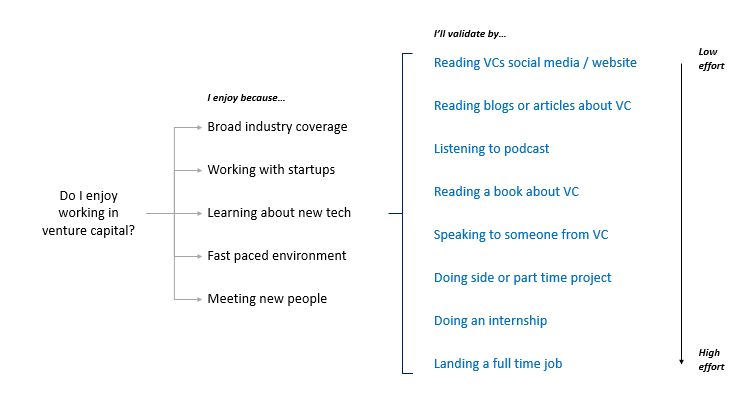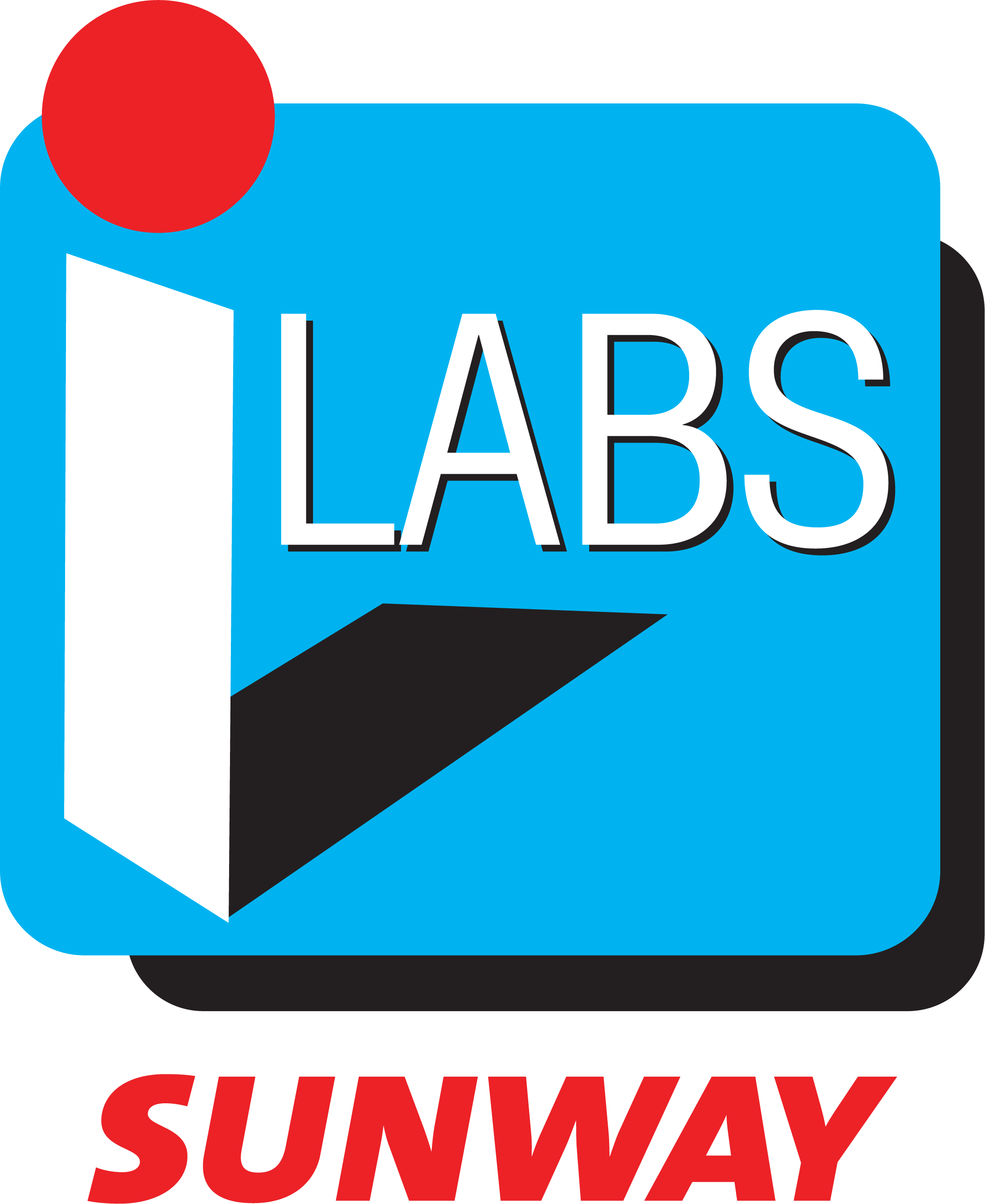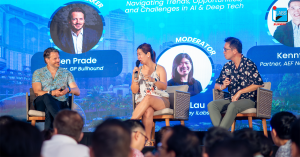How to start thinking about your career?

Written by Jeremy Tay
In some ways of my own, I’ve put a lot of thought into my career even before I set foot in university (well, I have to credit the environment I was in an international school in Singapore). Even though I’ve started early, it is no doubt that it was overwhelming for me.
My time during university was pivotal for me, which I stumbled upon different opportunities for me to find out what I want to do after university.
Disclaimer: by no means I am an expert in this. But I’d like to share what I did and so that other students in similar situations could learn something.
The process
Taking a page out of my econometrics class and some of the tricks I learnt from work. You can treat your career like a bunch of hypotheses for to test it with different methods.
Generally, the process would look like this:
- Developing your career hypothesis
- Testing your career hypothesis
- Assess your hypothesis to continue or pivot
I will go through the process first, then I’ll show some of my personal experience in finding a career that I think I might enjoy.
Step 1: Developing your career hypothesis
To develop your career hypothesis, you need to first have a rough idea of what you think you’d enjoy, some awareness of your strengths, and of course some idea of how the industry you’re interested in works.
How I thought about developing my career hypothesis was in two parts:
I want to work in [INSERT INDUSTRY or FUNCTION] because of [ASSUMPTION]

It’s okay to have multiple industries that you might be interested in, and also multiple assumptions for the same industry. But the takeaway here is you need to have a hypothesis in mind for you to move on to testing them intentionally.
However, if you find it hard to pick where to start, here’s a couple of things you can do:
- Start with your strengths – speak to someone who worked with you, take some of the free strengths finder tests, or just spend some time reflecting on yourself.
- Be open to learning about different careers – read articles, watch YouTube videos or listen to podcasts about different careers. You might have a lightbulb moment.
- Read job descriptions from LinkedIn or other platforms – that way you’ll see if the job description (specifically the responsibilities) resonates with you.
Step 2: Testing your career hypothesis
This step is a fairly simple, yet extremely important step in finding out whether you’d enjoy the career that you chose.
In order to test your hypothesis, it’s different levels of effort and time you should sink into finding out more about your interested career path.
The following is a non-exhaustive list of possible ways to “test” your hypothesis, arranged from the least effort to the highest effort:
- Read articles or watch videos
- Reading books about the career
- Listen to other people talk about the relevant industry
- Talking to people from the industry
- Boot camps or case competitions
- Internships or voluntary programmes
- Working experience (actually landing a full time position)
Whether you should read articles or start earning work experience, it depends on how refined your career hypothesis is. Generally, if it’s better to start off with the least effort if you just started with a general hypothesis.
You don’t want to dive straight into a career you thought you liked and realizing after 6 months that you absolutely hated it, when you could have just spoken to people to find out the good and bad side of the industry.
Step 3: Reflecting to pivot or continue diving deeper
Based on your learnings from testing your career hypothesis, you essentially have two options, but both leading towards developing a new career hypothesis.
You either:
- Continue down the rabbit hole by refining your career hypothesis
- Pivot and create a new career hypothesis
To continue down the rabbit hole, you should be refining your career hypothesis to be more specific. Exploring the skills needed, the industry in a local context, or even the outlook of the industry.
At this juncture, it is also wise to validate the assumptions that you might have on your potential career. If books and articles can’t validate it anymore, maybe it’s wise to start looking for a different source.
Overlooking these assumptions could sometimes be a make or break your career decision (which I once experienced in university).
Let’s say you didn’t feel like it’s a good fit for you, probably the better choice is to pivot to a new career hypothesis, it would mean developing a completely new set of hypotheses from an industry that you think you might enjoy.
Even though this might seem like a waste of time, I would beg to differ. It is a process where you learnt about your own interests and strengths, but it’s also a process of elimination of careers that you might not enjoy.
My example in the career hypothesis process
Developing my career hypothesis
When I entered university, I was pretty fascinated with investment banking. Thanks to a couple of books and Hollywood movies, and also my interest in economics and finance.
So, I started my career hypothesis in a way where I wanted to learn more about investment banking and the skills that I need to succeed. This is how I thought about it:
Disclaimer: You don’t have to make a slide like this (even though useful). I just had an idea like this in my head when I thought about my career.
Testing my career hypothesis
Since I have clarity in how I want to find out about investment banking, I would rely on blogs, books, forums, and videos to learn about the industry in general. I would also understand the day-to-day tasks and the skills that I might need to acquire.
As I was convinced that I might enjoy investment banking, I would then move on to speak to people from the industry. Ideally, people from the region that you are most probably going to be working at.
I leveraged on events organized by student organizations, where I was able to meet bankers from Maybank, CIMB, and many more. It helped me contextualize the industry in Malaysia.
I also wanted to see if I truly would enjoy the work. I wanted to apply all the finance knowledge that I’ve learnt like your DCF, LBO, Comps etc. I took the chance to join an investment banking competition by UBS during my exchange at Melbourne.
Apart from competitions, I draw some of my experience from my coursework or other internships to see if I might enjoy banking. For example, to see if I’m okay with working with Microsoft Excel or PowerPoint. I try to reflect on this based on my data science internship.
Reflecting on my career hypothesis
I really thought that I might start a career in finance after graduating. But a pivotal moment was when I joined the UBS Investment Banking challenge with strangers during my exchange in Melbourne.
It was a positive experience (even rewarding), but I had two light bulb moments at that time. It literally shifted my interest away from investment banking.
The first one was tweaking a valuation model 24/7 to try and come out with a “fair” value when acquiring a company was mind numbing.
The second one was whoever decided on the merger and acquisition target or strategy did a pretty interesting job. I wondered how they even arrived at the conclusion of purchasing a company, and how they were going to integrate the two massive companies that I was analyzing at that time together.
When we were invited to UBS’s office in Melbourne, I wanted to know more about the pre-M&A strategy and post-M&A integration, and that’s when I found out about a whole new world of management consulting.
Although corporate finance work was interesting (still is to me until now), I found out that strategy and growth was extremely interesting and I decided to pivot my career hypothesis to find out more about those career paths.
In reality, as you move up from the low effort method of validating your hypothesis up to a higher effort method, your idea on how the job is would actually become clearer and refined. So don’t be afraid to adjust your hypothesis as you go!
A couple of closing points
Enjoy the process
This is an iterative process that will probably take you quite some time to validate. Please don’t be worried about having multiple interests in different industries. You can always learn about them in parallel throughout university or even when you start work. This is also a process that you’ll be able to find out more about yourself, and positioning yourself to start a career that you enjoy. I was looking at careers from product manager, management consulting, investment banking, and even at one point seriously considering a career in data scientist.
Be creative in testing your hypothesis
Be creative in testing your hypothesis. Sometimes you would find out a lot about an industry when you read a book or even speak to someone from the industry or even just join a case competition or programme that accurately reflects the day to day work. You should not dive into a conversation with a fellow who’s willing to set time aside to give you some insight on the industry. It’s better to do your homework, which first building some key hypotheses and basic knowledge of the industry.
Set your environment to consume knowledge
You would significantly cut down the effort to learn something by just changing your environment to sometimes feed you golden nuggets of knowledge. Go and subscribe to some career related or knowledge related YouTube channels or follow some of career Instagram pages (meme included). That way these stuffs would randomly appear on your feed while you browse your social media.
However, remember to follow those meme pages for a good balance! Life is not all about work as you come to realize after few years of working.



